Question And Answer
Publications
Articles, publications, books, tools and multimedia features from the U.S. Institute of Peace provide the latest news, analysis, research findings, practitioner guides and reports, all related to the conflict zones and issues that are at the center of the Institute’s work to prevent and reduce violent conflict.
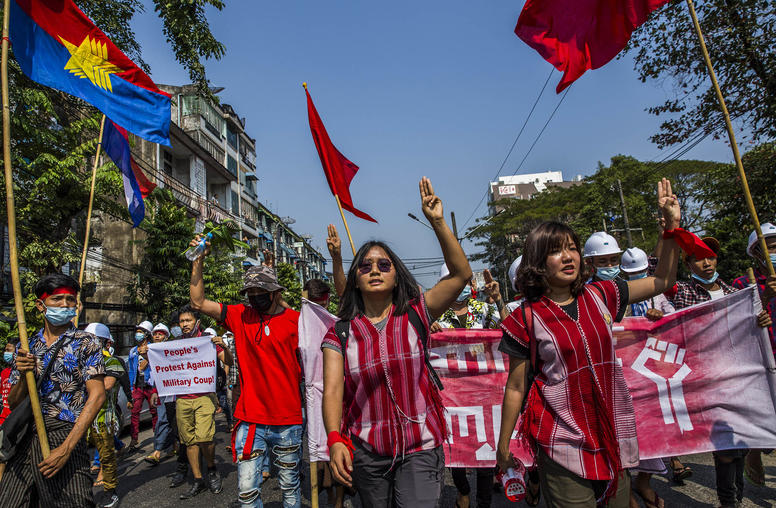
Two Years of Myanmar’s Junta: Regional Instability, Surging Organized Crime
Two years ago today, Myanmar’s military snuffed out the country’s democratic government in a coup and set about restoring the grim dictatorship that dominated the Southeast Asian nation for 50 years. But the generals’ initial moves — jailing civilian leaders, shutting the free press, issuing heavy-handed decrees — were the only things that went according to plan. To date, the coup has instead triggered myriad unintended effects. None are more urgent and consequential than the instability and crime that the generals’ power grab triggered across Southeast Asia, and none more directly implicate U.S. interests in the region.
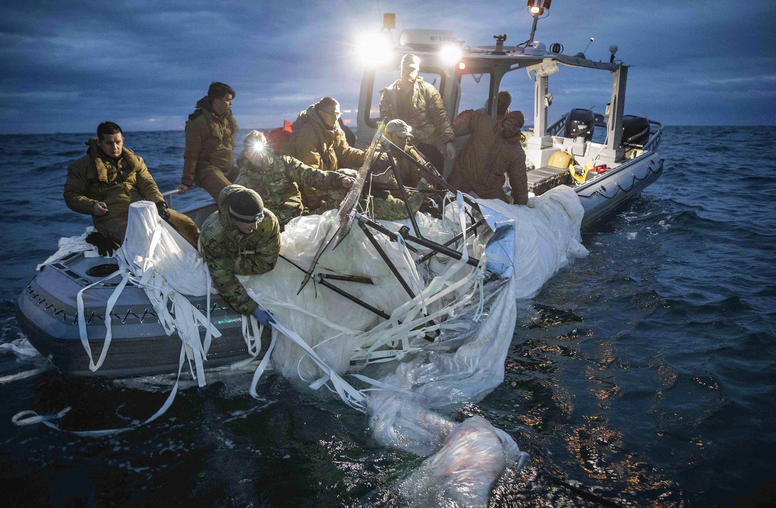
After Beijing’s Balloon, What’s Next for U.S.-China Ties?
Days before U.S. Secretary of State Antony Blinken was set to travel to Beijing, the Pentagon announced it had detected a Chinese “surveillance balloon” over Montana. The incident sparked intense speculation about China’s intentions, including why it would choose to employ a relatively low-tech surveillance device. Ultimately, Blinken announced on February 3 that he was postponing his trip, which would have been the first by a U.S. secretary of state in five years. With U.S.-China tensions already simmering, the balloon episode injects more mistrust and scuttled the opportunity presented by Blinken’s trip to resume cooperation on areas of mutual interest and demonstrate that both sides want to better manage bilateral tensions.
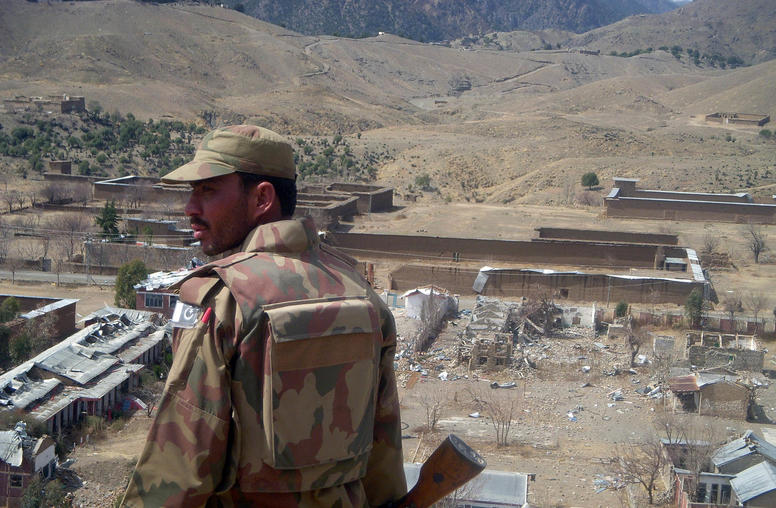
Is Pakistan Poised to Take on the TTP?
The Pakistani Taliban’s late January attack in Peshawar, the capital of Pakistan’s Khyber Pakhtunkhwa province, claimed the lives of more than 100 worshipping at a police compound mosque. The bombing was claimed by a faction of the Tehreek-e-Taliban Pakistan (TTP, also known as the Pakistani Taliban) initially, but later denied by the TTP’s central leadership. It was the group’s deadliest attack since its 2021 resurgence after the Afghan Taliban took power in Afghanistan. As Pakistan struggles with a major economic crisis, the fallout from the deadly floods of last fall and an ever-turbulent political scene, the TTP’s growing threat presents yet another challenge for the struggling nation.
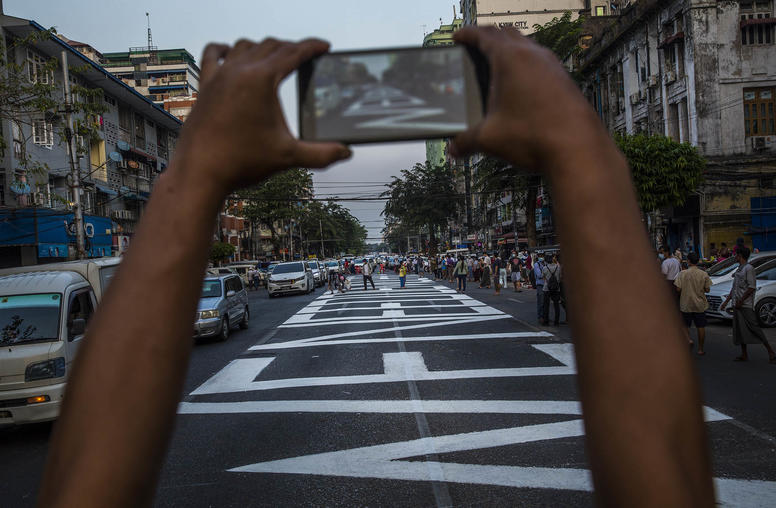
A New Approach for Digital Media, Peace and Conflict
Discussions about the negative effects of online communication on society — including its potential to contribute to violent conflict — tend to focus primarily on misinformation and disinformation. The former refers to factually incorrect information that manages to reach audiences at scale, whereas the latter refers to inaccurate information that is spread deliberately and malignantly by some actor or agent in order to produce specific perceptions and outcomes in physical or digital space.
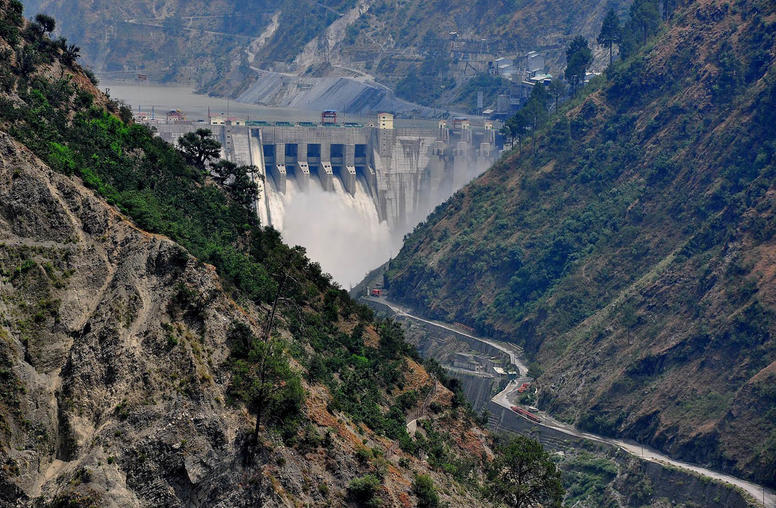
India and Pakistan Are Playing a Dangerous Game in the Indus Basin
On January 25, India sent a notice to Pakistan demanding the modification of the Indus Waters Treaty. Pakistan has so far refused to engage. The treaty, which India, Pakistan and the World Bank originally signed in 1960, allocates rights over the waters of several rivers in the Indus Basin to India and Pakistan.
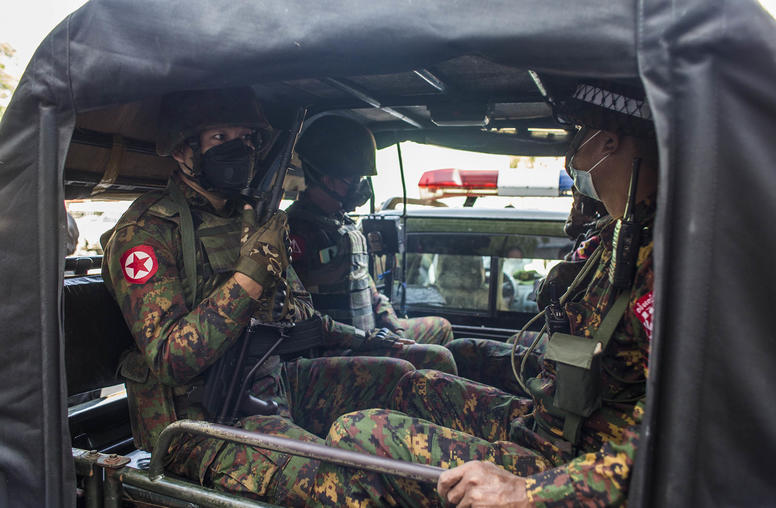
The Limits of Beijing’s Support for Myanmar’s Military
Since late 2022, Beijing has increasingly signaled the limits of its support for Myanmar’s junta against pro-democracy forces and protection against international efforts to hold the army accountable for its crimes. In particular, Beijing has demonstrated a reluctance when doing the junta’s bidding internationally results in significant political costs vis-à-vis its relations with Southeast Asian states or its reputation at the United Nations.
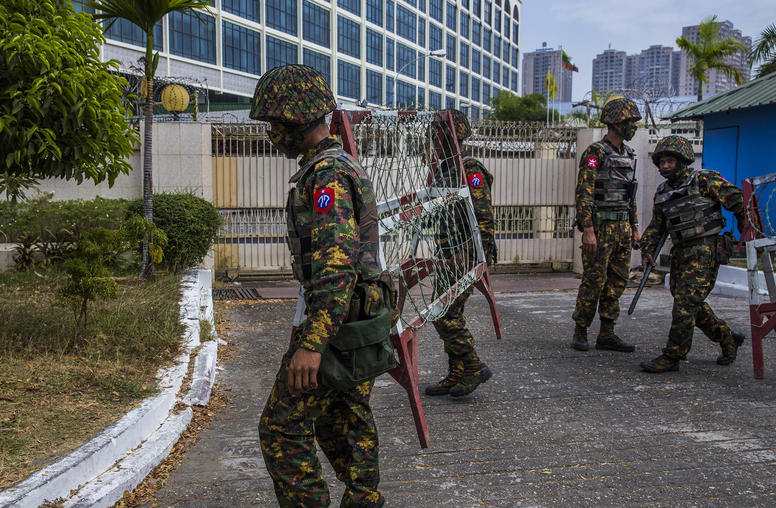
Atrocities in Myanmar: Documenting the Junta’s Attacks on Civilians
Even before the February 2021 coup, Myanmar’s military often deployed systematic violence against civilians, developing a reputation for ruthlessness that dates back decades. Their abuse of ethnic minorities such as the Rohingya have been the subject of countless international human rights investigations, while their nearly unchecked power allowed them to operate with impunity.
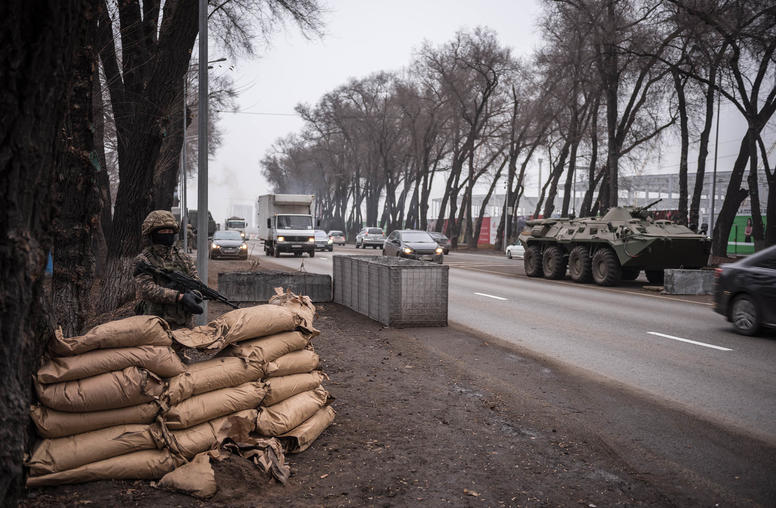
Central Asia Needs a New Approach to Security
After three decades of independence following the fall of the Soviet Union, Central Asian countries continue to face challenges to their stability and governance. Last year saw large-scale domestic unrest in three of the region’s five countries — Kazakhstan, Tajikistan and Uzbekistan — and a devastating cross-border conflict between Kyrgyzstan and Tajikistan was the largest ever trans-boundary escalation in the region. Many of these events follow similar patterns: growing tensions and grievances among citizens lead to protests, which are met with a harsh and disproportionate response including the use of lethal force by security forces, feeding into further mistrust between authorities and the population.
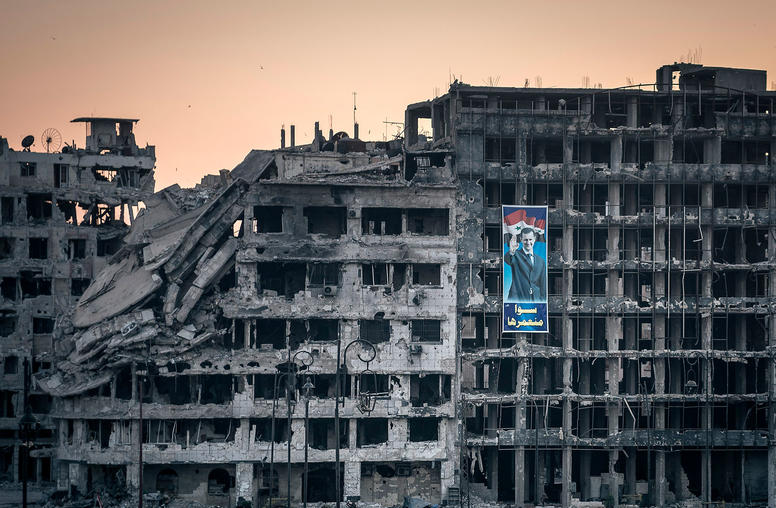
Syria’s Stalemate Has Only Benefitted Assad and His Backers
Twelve years into Syria’s devastating civil war, the conflict appears to have settled into a frozen state. Although roughly 30% of the country is controlled by opposition forces, heavy fighting has largely ceased and there is a growing regional trending toward normalizing relations with the regime of Bashar al-Assad. Over the last decade, the conflict erupted into one of the most complicated in the world, with a dizzying array of international and regional powers, opposition groups, proxies, local militias and extremist groups all playing a role.
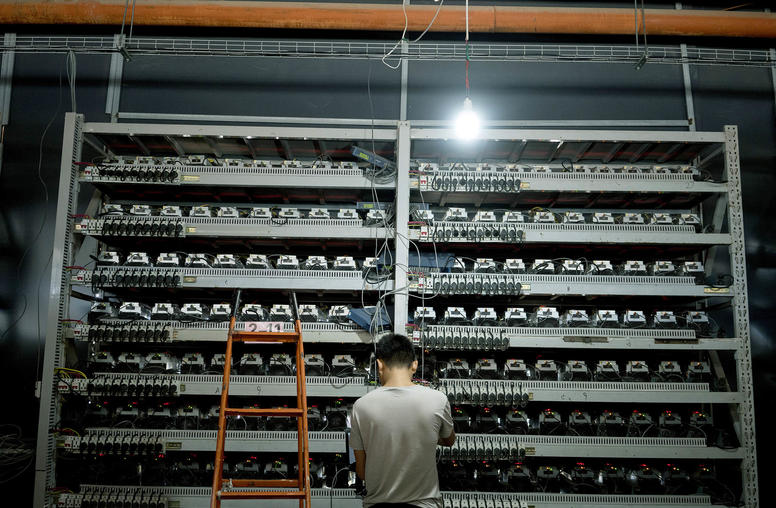
Where Cryptocurrency, Water and Conflict Collide
The booms and busts of the cryptocurrency industry are all over the news. But while the crypto market’s steep decline is a concern for crypto investors, the energy needed to mine cryptocurrency should be what catches the attention of policymakers. As of August 2022, total global electricity usage for crypto assets is estimated to be between 120 and 240 billion kilowatt-hours per year — more than the total used by entire countries such as Australia or Argentina. Amid the global energy crisis and efforts to stem the effects of climate change, the sheer scale of crypto’s electricity usage raises major questions regarding its sustainability.